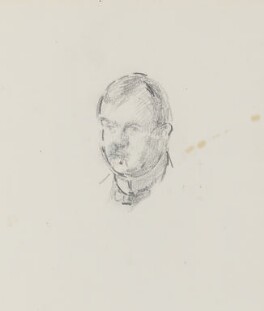
1860 - 1942
Philip Wilson Steer
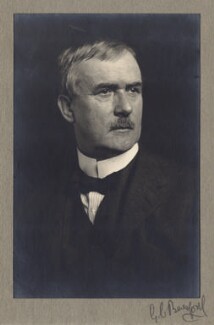
description
An English landscape painter (marina genre) and graphic artist Philip Wilson Steer was one of the leaders of English Impressionists and one of the founders of the New English Club of Artists (1886), which opposed the methods of the official Royal Academy of Art. Apart from working in the genre of marina, the main landscape genre, he created propaganda drawings and canvases during the First World War, when he worked at the British Ministry of Information. The artist was awarded the honorary title of the Knight of the British Order of Merit.
Key ideas:
– The greatest period of Steer’s work was at the time when Impressionism established as a generally accepted art movement. The English master rejected muted shades, motionless plots, typical of traditional painting. He often used optimistic colors, though not as super-bright and sharp as those on French Impressionist canvases. Paintings are created by swift individual strokes that convey a play of light.
– In the plots, Steer also follows the impressionistic tradition – he depicts the modern life, mostly home environment, the noisy games of children and movement. As a marine painter, he preferred to find plots of the coast with its piers and beaches.
– The most significant idea of the artist was the open air – he deliberately painted only from real life, observing and trying to depict the fleeting changes in the light and air environment. Using the method of depiction against the light, the master mostly applied it to genre paintings with people and interior elements. However, landscapes, buildings with elongated foreground shadows painted against the low sun have an additional effect.
1860
1878
1880 - 1882
1882 - 1884
1885 - 1886
1889
1900
1910
1942
Philip Wilson was born
Entered the Gloucestershire School of Art

He studied at the School of Artists in South Kensington

He was a student of Alexandre Cabanel
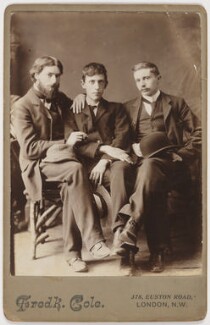
NEAC
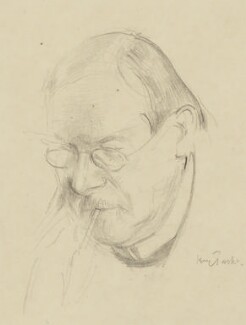
“The London Impressionists”
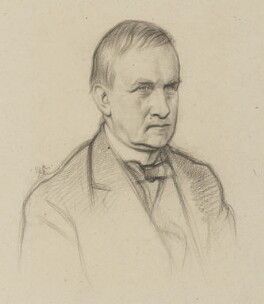
Steer became one of the three leaders of the Club
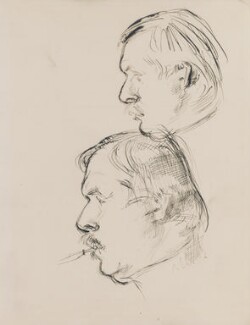
Worked at the British Ministry of Information
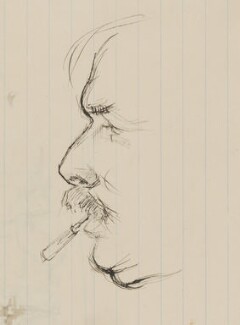
Philip Wilson Steer passed away
